|
By Jac Connell, Acting Country Director When a child is HIV+ there comes a time in their life when their parent or caregiver (if they are an orphan) will need to tell them that they are living with HIV (*known as disclosure). This is an incredibly difficult thing for a caregiver to do. Many parents and caregivers don't have the right HIV knowledge or the confidence to share with their child their status. Fear of anger, rejection and being unable to answer your child's questions often prevent parents from talking about HIV. At the TTF Clinic we provide support groups called Mbuya Daisy, to help parents of patients over the age of 7 to disclose to their child. I recently sat in a group for their final sessions of Mbuya Daisy (early disclosure) before the parents were sent away to share with their child their status. I don't often sit in on support groups. My presence is sometimes distracting for staff and participants and they usually communicate in local languages. My Nyanja is very poor - so whilst my brain is trying to figure out what one person said the conversation has quickly moved on. Within this one group though the emotion went beyond language. I think anyone can comprehend the difficulty a parent must feel in telling their child they are living with an illness. But no illnesses come with as much stigma in Zambia as HIV. Mothers can often feel huge levels of guilt about transmitting the virus to their child. During a role play where the care givers act out a disclosure process, the mother who was acting in the role as the child broke down. The emotions among all the participants was palpable, many with tears in their eyes, including myself. Imagining how a child must feel in receiving such news is something we can never understand. But supporting these parents is an essential part of treatment.
This is where HIV treatment goes beyond the medicine. These programs are essential in ensuring that HIV+ children can lead healthy lives. That they understand the virus. That they understand the importance of medication. And that they can be provided HIV education that helps them deal with stigma and discrimination as they transition into adults. This is why we continue to need donor support. So that we can help these parents, children and families, to understand HIV and how to lead long, healthy lives.
0 Comments
Your comment will be posted after it is approved.
Leave a Reply. |
FOLLOW US:
archives
February 2024
Categories
All
|
Proudly powered by Weebly

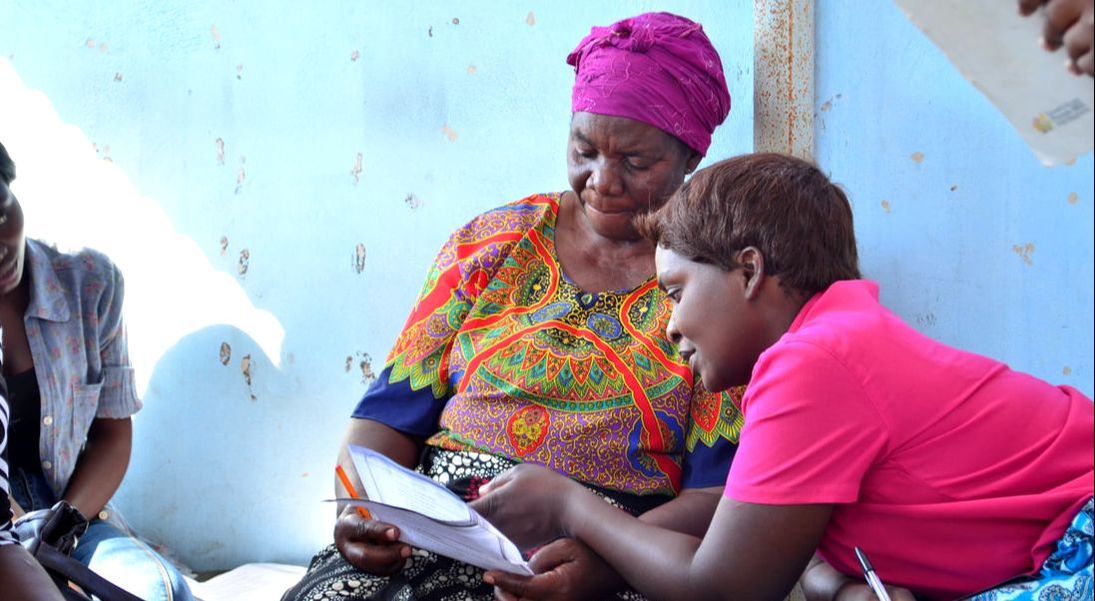

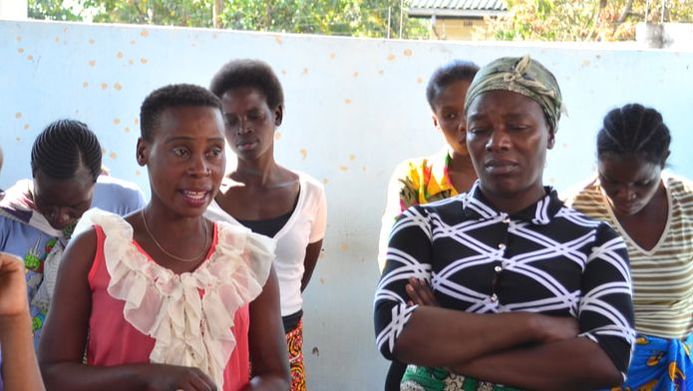
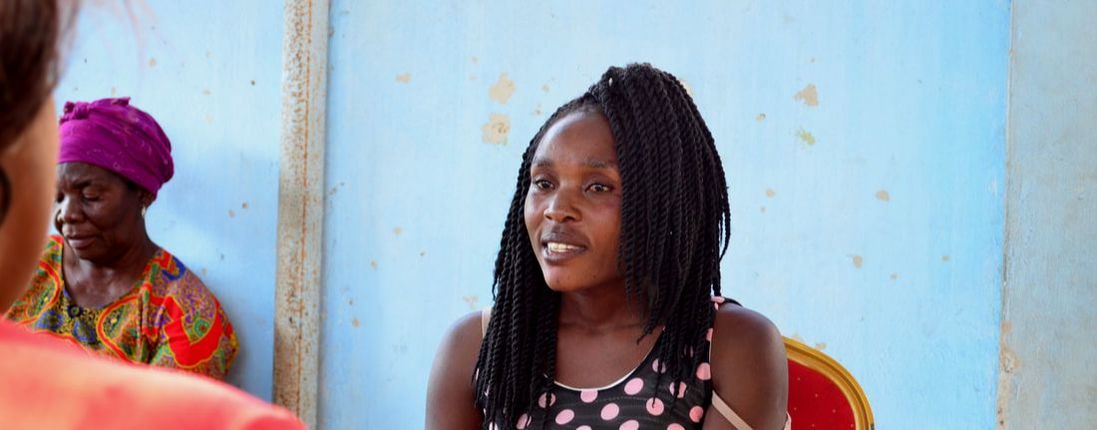
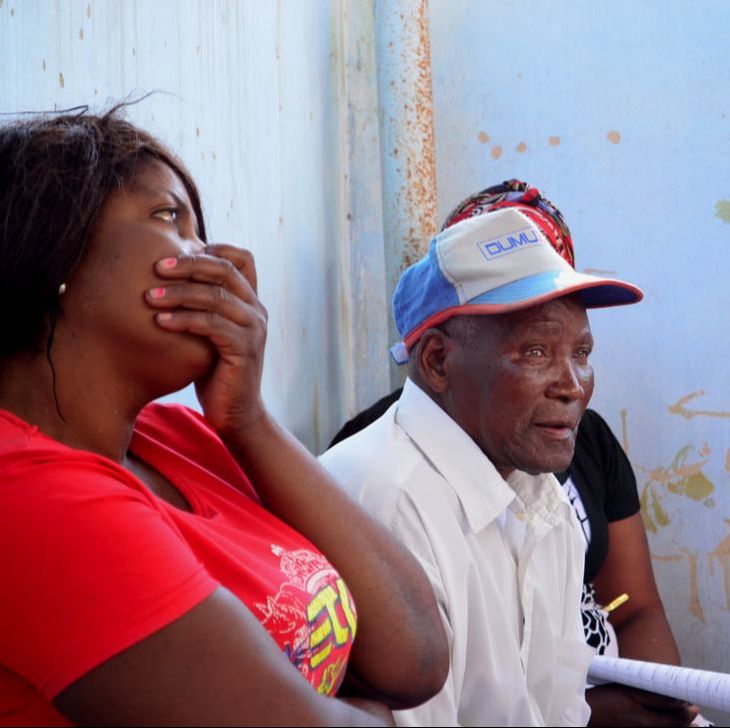
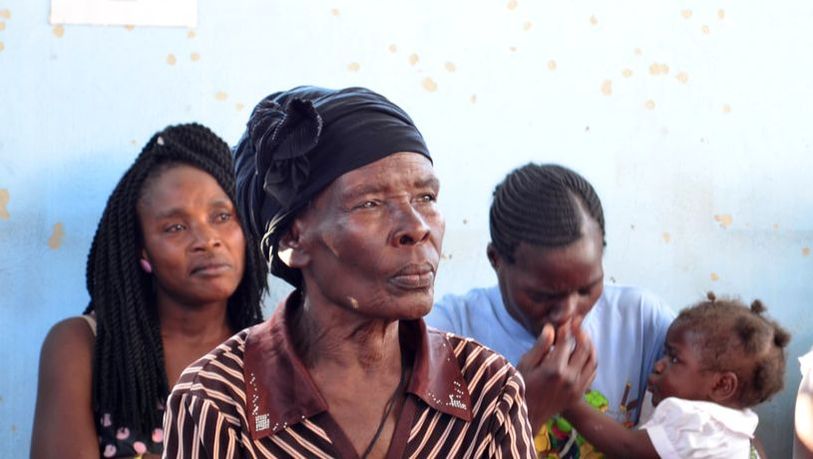
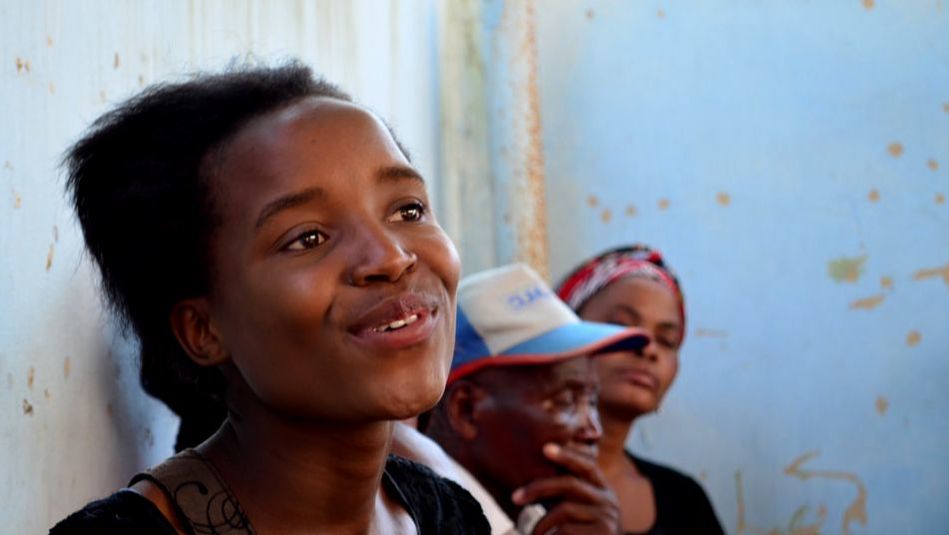
 RSS Feed
RSS Feed